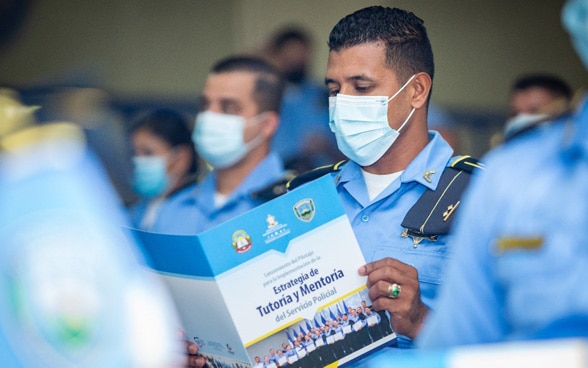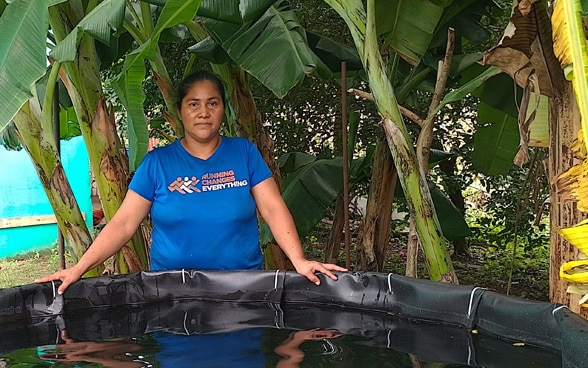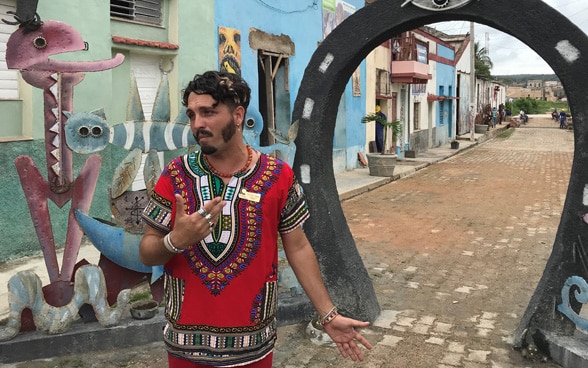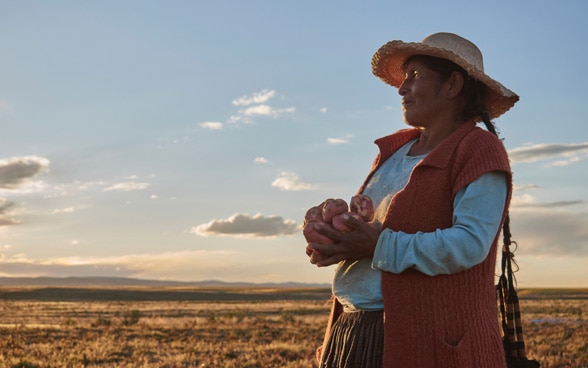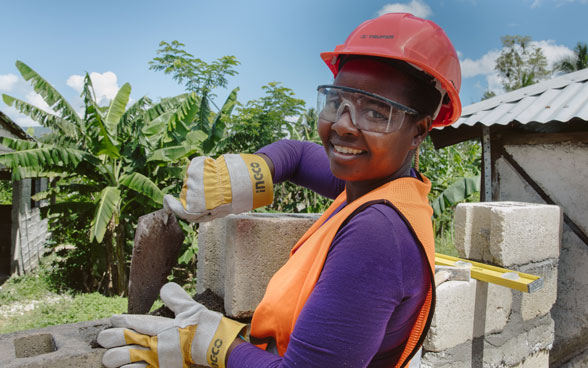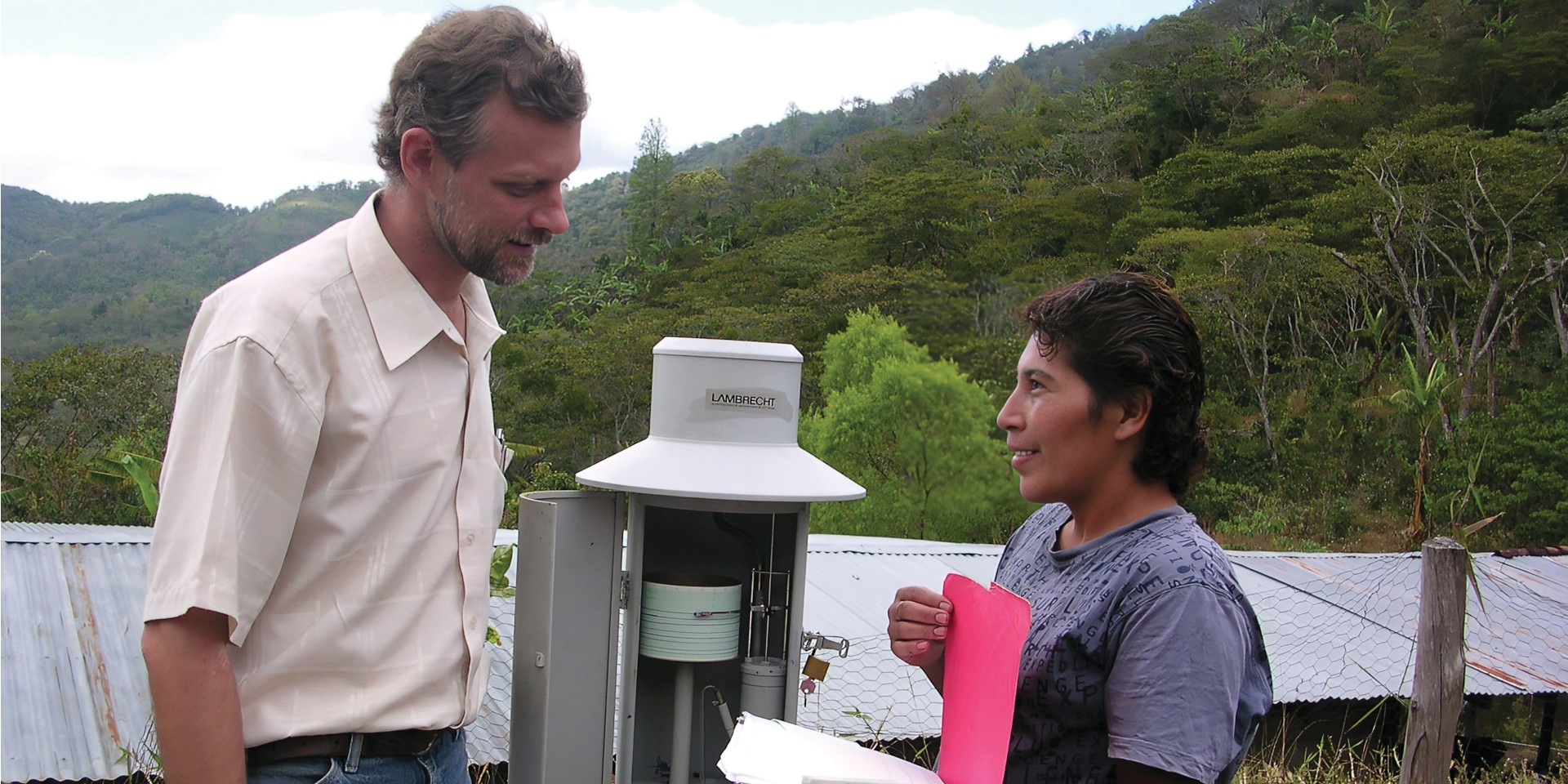60 years of successful cooperation
Switzerland has played a significant role in shaping the development cooperation landscape in Latin America and the Caribbean over the past six decades. In 2025, Switzerland will embark on a new chapter of collaboration with Latin America and the Caribbean.
Switzerland has had a lasting impact on development cooperation in Latin America and the Caribbean over the past 60 years. It is opening a new chapter in 2025. © SDC
By the end of 2024, the SDC will progressively phase out bilateral development cooperation in Latin America and the Caribbean. This decision forms part of the overarching International Cooperation Strategy 2021–24, adopted by Parliament in 2020. The strategy calls for a more focused use of resources in four priority regions: North Africa and the Middle East, sub-Saharan Africa, Central, South and South-East Asia, and Eastern Europe. This geographical focus is in line with international trends and recommendations aimed at optimising the efficiency and effectiveness of development cooperation.
Switzerland maintains its presence
Switzerland is maintaining its presence in Latin America and the Caribbean. It has a strong interest in fostering positive and constructive relations. From 2024 onwards, Switzerland will employ different instruments to maintain these relations and contribute to the region's development in a spirit of partnership. These include trade and economic measures, political dialogue, participation in multilateral organisations, human rights policy, democracy and peace promotion, humanitarian aid, and areas where Switzerland can add value with its expertise, such as climate change, water management, food security, health, and migration.

